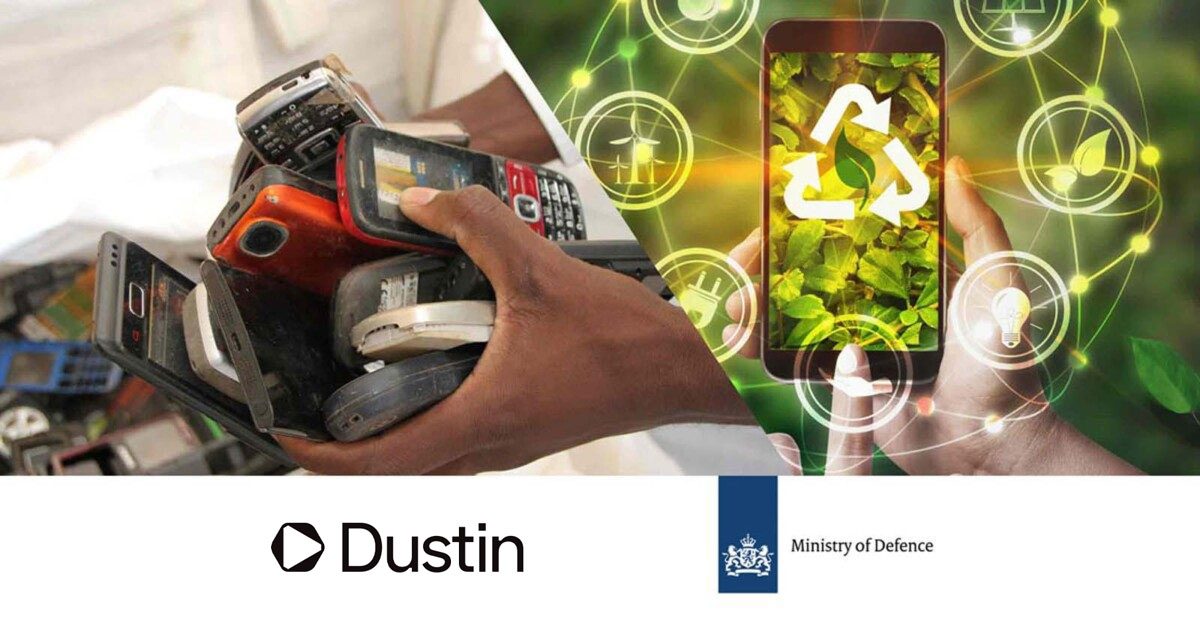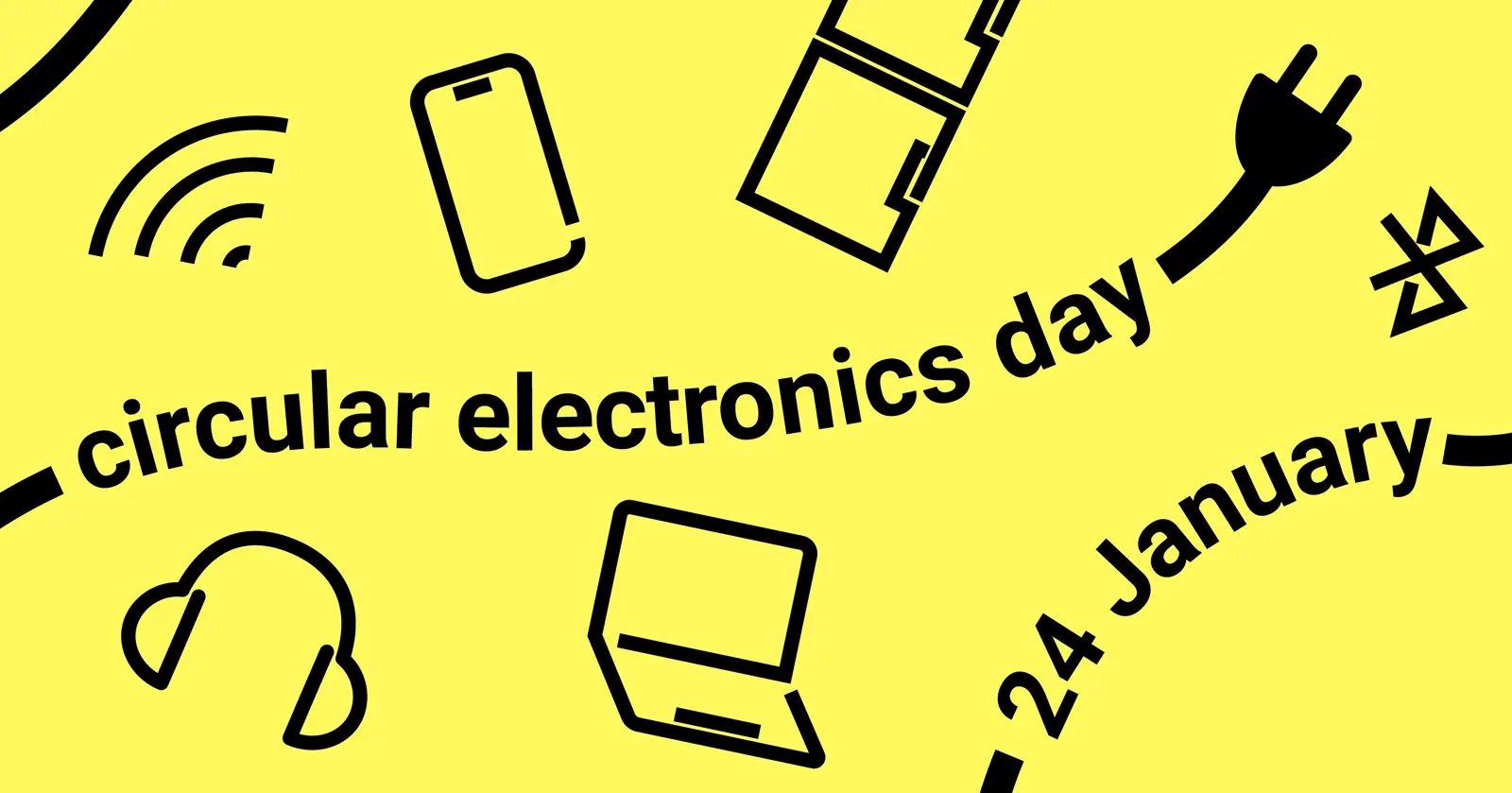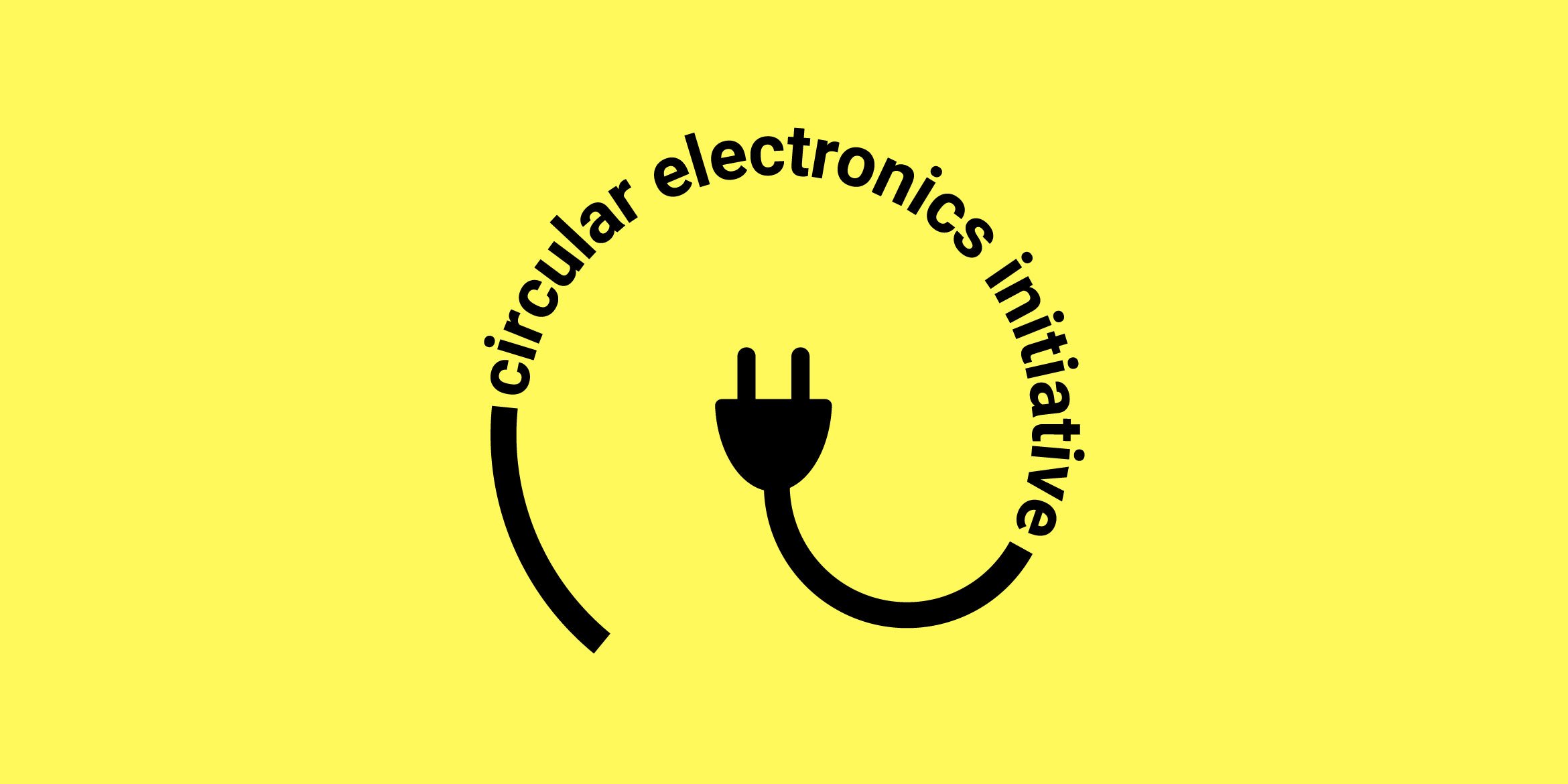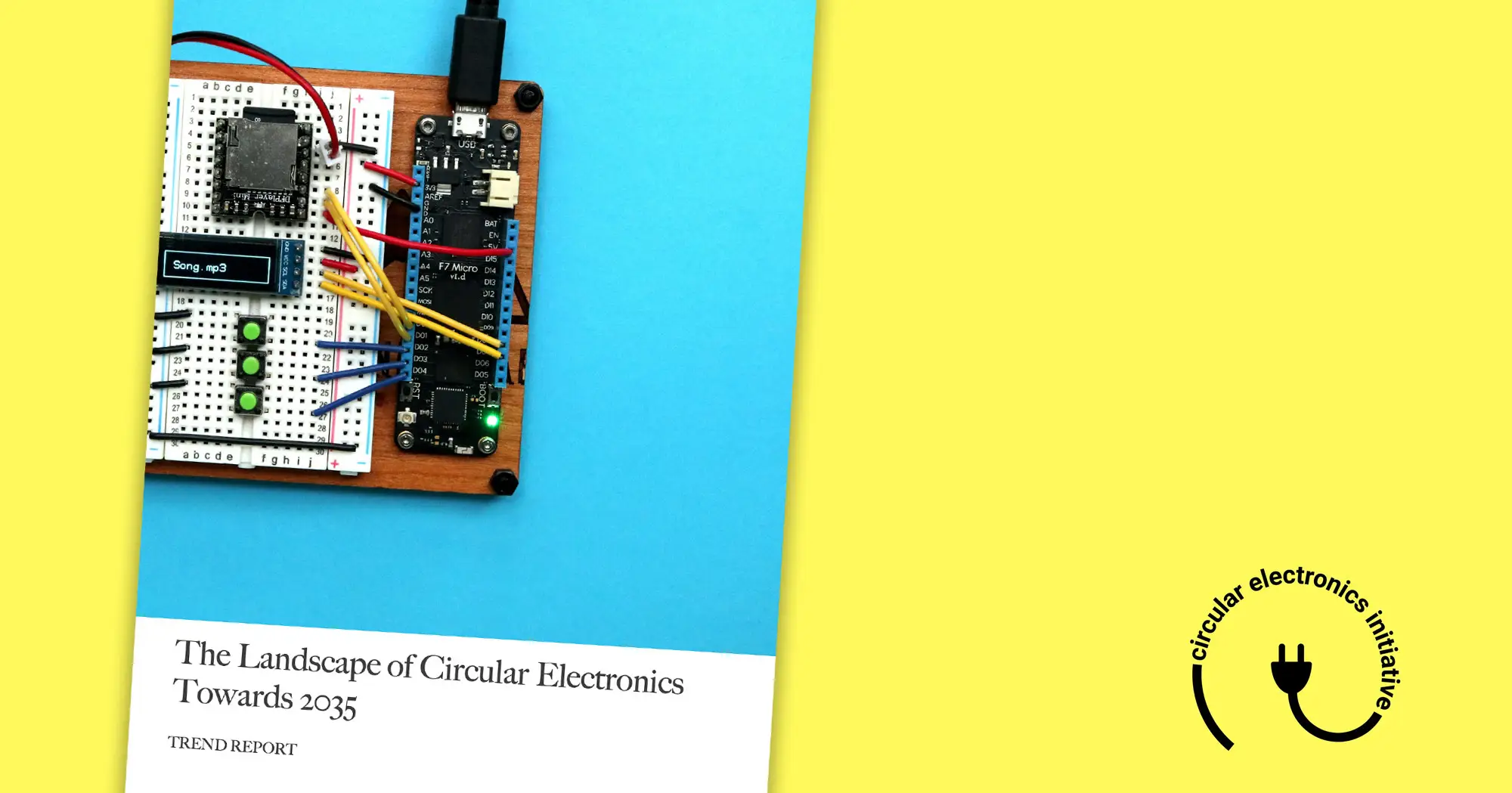For most large organisations, the priorities for tech procurement are quite clear. The devices bought should have the proper functionalities, using them needs to be safe and acceptable pricing is rather important. But given that, how to add the element every organisation recognizes as the next big thing: sustainable operations? The Dutch ministry of Defence asked their main IT supplier and got an answer that delivered much more than just ‘green’ results.
This text is part of the Circular Electronics Initiative blog series. Multiple organizations stand behind this initiative that aims sto encourage organizations and consumers to take a more responsible approach to electronics.
In the Netherlands, most large public and private tech buyers have made statements on their green ambitions. As European plans towards becoming ‘circular’ have become increasing visible in recent years, most organisations know that at some point, everyone will need to take societal demands into account. But as that moment could be years away, the main driver that currently sets procurers in motion isn’t ‘compliance’. It’s the search for value. The value of being a good employer, the value of familiarizing your organisation with developing trends, the value of aligning essential devices to your professional ethics and the values of innovation, marketing and story-telling.
But what does all of that have to do with procuring end user devices such as mobile phones? Almost everyone working in the tech industry will tell you: a whole lot. Employees have an emotional relationship with the devices they use, pretty much, the whole day. Phones are essential for a regular day at (home) work, the gadgets are currently often the only tangible connection people have with their employer. And lastly, tech’s global adoption makes it a perfect product to use for (symbolic) communication; we all know what we’re talking about when we refer to a phone.
This results an interesting shift. Just a few years ago, ‘ICT’ and ‘sustainability’ were considered incompatible. Green stuff was seen as a cause of additional complexity, costs and risks; not something your average IT procurement person gets excited by. But now, ICT is actually often seen as a logical starting point towards greener business. After all, tech is crucial, relevant for every employee and the best thing: the industry is waking up on one of the biggest untapped commercial opportunities: delivering on the huge customer need for tech that’s aligned with the customer’s values. The tech industry is beginning to see sustainability as an opportunity, as a customer service it can offer.
But back to the question asked by the ministry. The company that supported them with insights and options was the Dutch market leader for IT services: Dustin. The request was clear: apply green innovation to the procurement of phones without compromising priorities such as product functionality or procurement smoothness. Dustin suggested to apply a concept known as waste-compensation: when a new device is bought, ensure the collection and recycling of an equal amount of end-of-life electronics. That recycled waste can then be used to compensate for the fact that a new device is added to the market. It makes the new device ‘waste-neutral’. As waste-compensation is a service supported by TCO Development and adopted by large buyers across the globe, the service offered a great and solid starting point towards greener procurement of tech, for the Ministry. So far, over 6000 phones have been compensated.
On Circular Electronics Day, we need to celebrate these first steps. We need to celebrate collaboration, such as this example. The key stakeholders included an ambitious customer, a supportive supplier and a circular service provider, Closing the Loop, which implemented waste-compensation. We need to accept that big ambitions (‘circular tech’) start with small, realistic steps. And we will only get everyone on board for those first steps if they create value for everyone.




